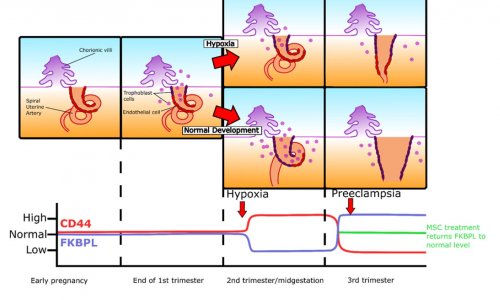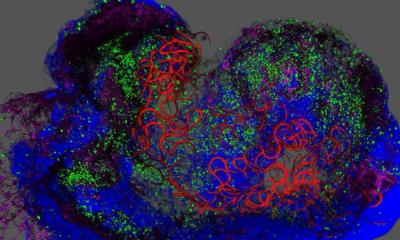News • Fertility research
Type 1 diabetes shortens reproductive period in women, study finds
The length of the female reproductive period (the time from the onset of menses to the final menstrual period) has important health implications. A new study compared the length of reproductive periods for women with type 1 diabetes with women without diabetes to confirm the effect diabetes has on the female reproductive system.

Image source: Unsplash/Molly Belle
Insulin plays a key role in regulating female reproductive function, and previous studies have shown the effect of insulin deficiency on a woman's reproductive system. Until now, however, little was known about the effect of type 1 diabetes on the age of natural menopause. This new study involving nearly 300 women compared the length of reproductive periods for women with type 1 diabetes with women without diabetes. It concluded that women with type 1 diabetes have shorter reproductive periods, with delayed menarche and earlier natural menopause as a result of insulin deficiency and hyperglycemia disrupting their reproductive system's normal function. Of note, however, is the fact that these findings only relate to women who were diagnosed with type 1 diabetes before reaching the age of menarche.
Because menopause is associated with a number of physiologic and metabolic changes, and early natural menopause is linked to increased cardiovascular disease and mortality, there is ongoing interest in identifying factors that provide some indication of when a woman will enter menopause. The researchers suggest that more research is needed to help determine modifiable factors that contribute to early menopause to improve the reproductive health of women with diabetes.
"This study found that women with the onset of type 1 diabetes before menarche were at increased risk for a shorter reproductive lifespan. Thus, these women are not only at risk for premature ovarian aging because of early onset type 1 diabetes, they are also at increased risk for cardiovascular disease, osteoporosis, and early mortality because of early natural menopause. Understanding these risks and targeting appropriate risk-reducing strategies are key to optimizing the health and quality of life of these women," says Dr. Stephanie Faubion, NAMS medical director.
Source: North American Menopause Society
06.03.2021





